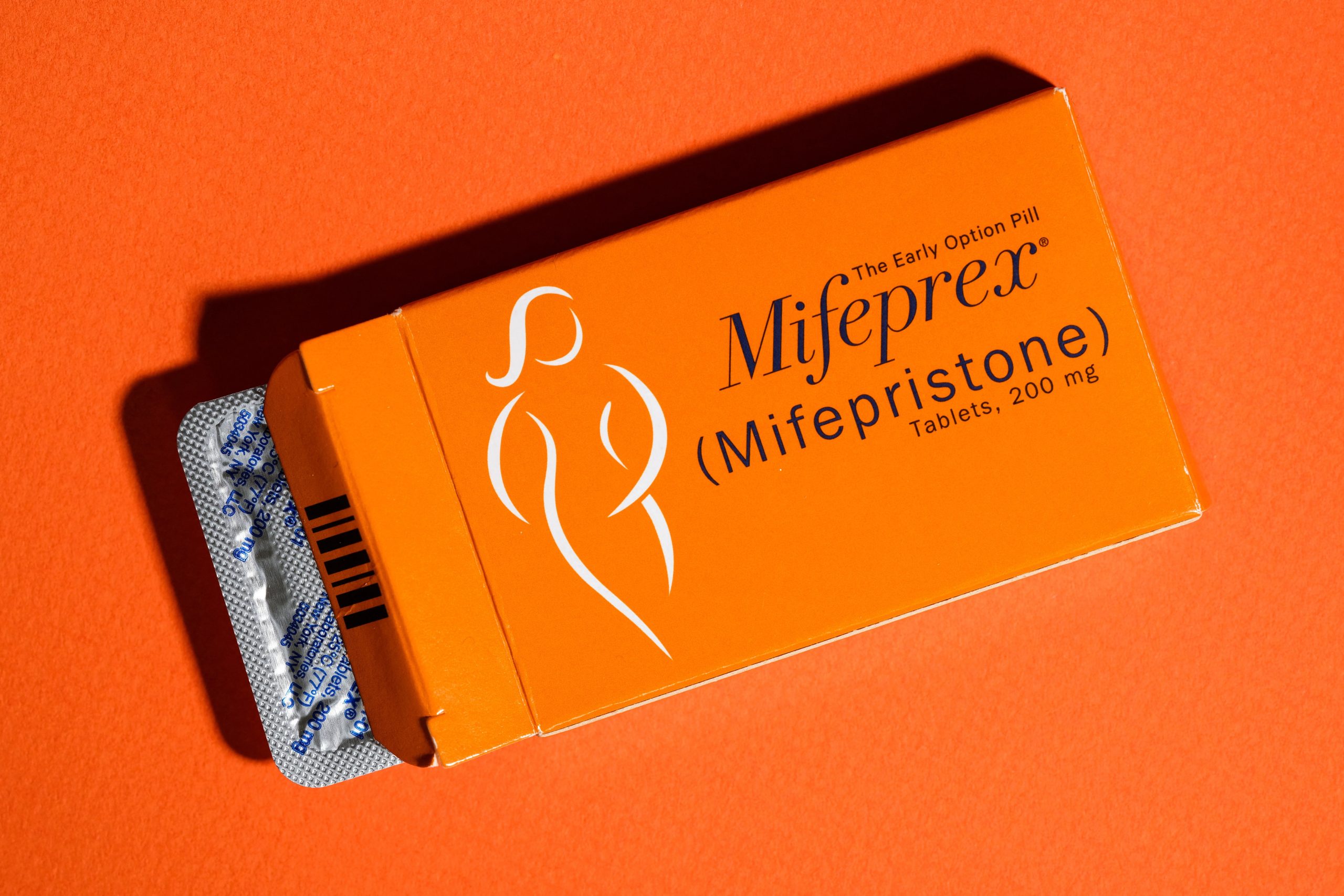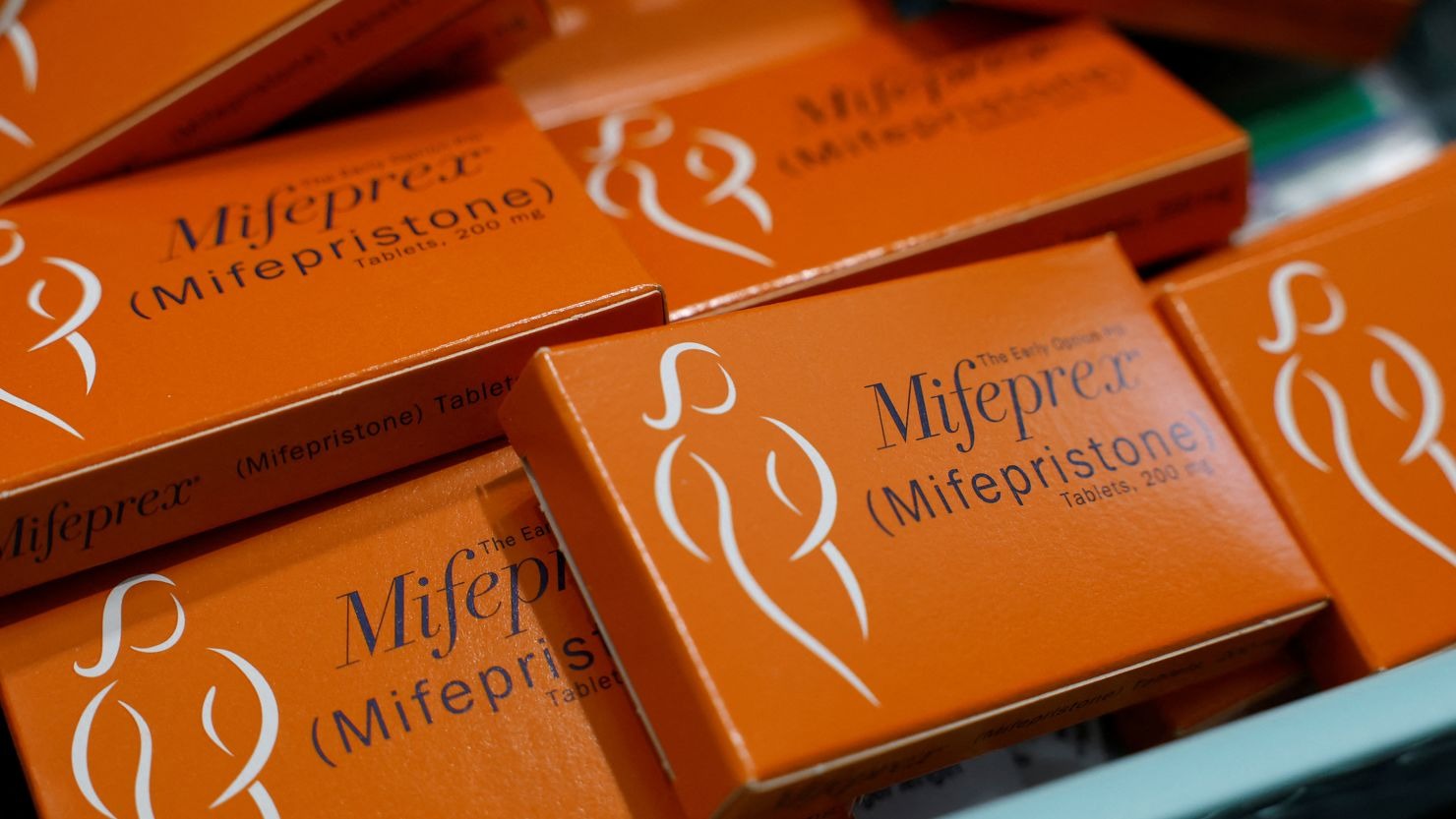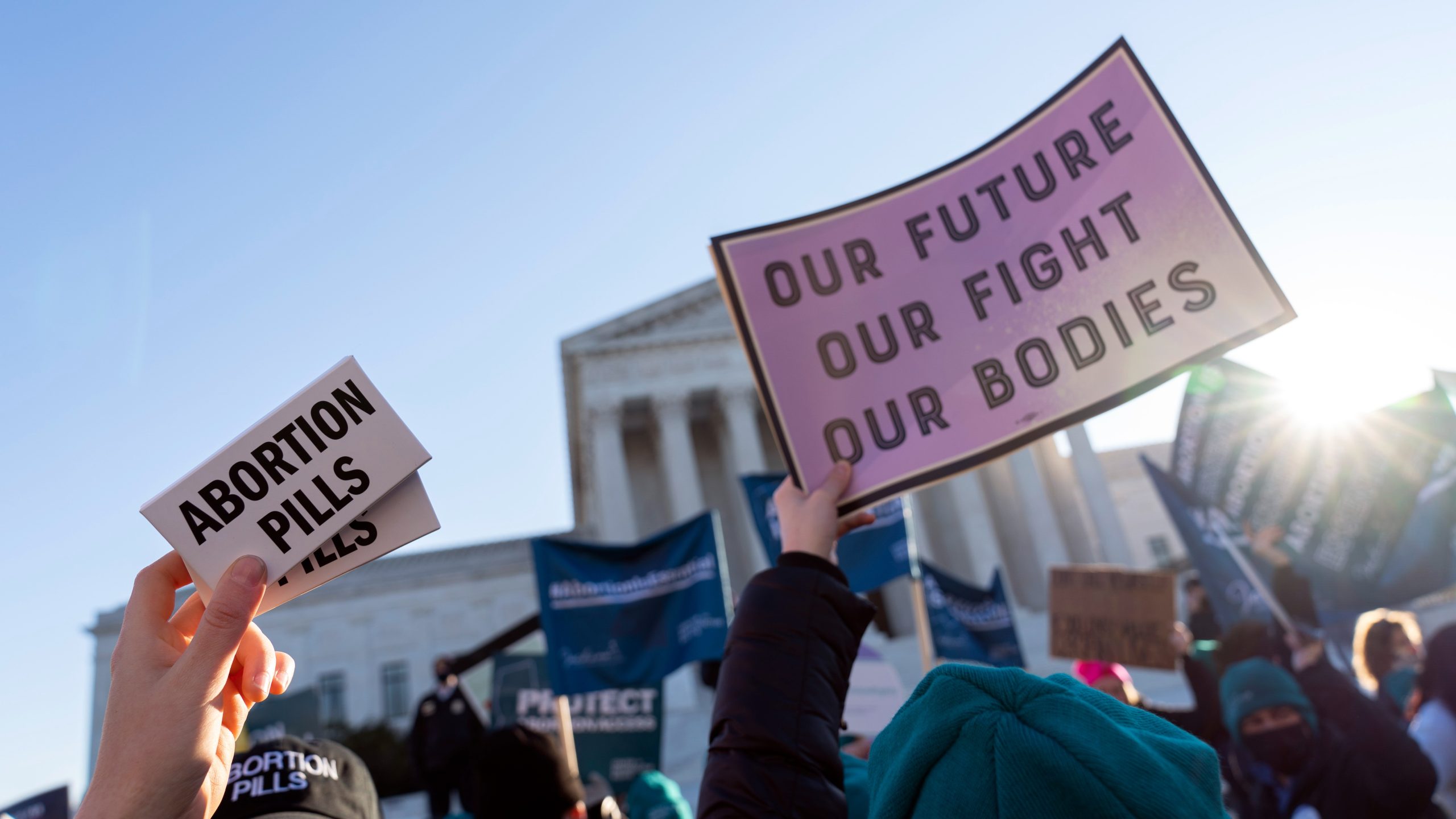In August of the previous year, the U.S. Food and Drug Administration (FDA) faced criticism from a federal appeals court for compromising the health and safety of women and girls.
The criticism stems from the FDA’s decision to relax safety protocols for chemical abortion drugs. As an obstetrician-gynecologist, I’ve challenged the FDA’s actions because these drugs pose significant risks, especially when administered without direct medical supervision.
The controversy revolves around the FDA’s elimination of safety measures that ensured women received in-person medical care when taking these drugs.
This care is crucial for detecting and managing potential complications like ectopic pregnancies, severe bleeding, and infections. Without these safeguards, women are at risk of life-threatening conditions being undiagnosed and untreated.

Abortion drug (Credits: Reuters)
The U.S. Supreme Court is set to hear this case, and many, including myself, are urging the Court to hold the FDA accountable for its actions. The appeal, initiated by the Alliance for Hippocratic Medicine and represented by Alliance Defending Freedom lawyers, challenges the FDA’s disregard for essential safety measures.
Chemical abortion drugs require careful medical oversight, which is impossible to provide through mail-order services that the FDA now allows. This lack of oversight prevents necessary examinations, such as ultrasounds, which are essential for confirming the stage of pregnancy and detecting ectopic pregnancies.
Planned Parenthood itself has stated that a doctor’s evaluation is the only way to confirm an ectopic pregnancy, yet the FDA’s current policy bypasses this critical step.
The consequences of the FDA’s decision are alarming. Women taking these drugs without proper medical guidance may not recognize the symptoms of a rupturing ectopic pregnancy, mistaking it for the effects of the abortion drug. This confusion can delay emergency medical treatment, putting women’s lives at significant risk.
Tragically, the FDA has stopped requiring providers to report non-fatal adverse effects of these drugs, leaving a gap in our understanding of their impact.

Early Pregnancy pills (Credits: CNN)
Personal accounts from women who have undergone chemical abortions paint a harrowing picture of the procedure’s potential dangers. These stories include severe pain, heavy bleeding, and the psychological trauma of seeing the physical remnants of the pregnancy.
As the Supreme Court reviews this case, it’s crucial to highlight the FDA’s responsibility to prioritize women’s health over political or ideological considerations. The decision to relax safety standards for chemical abortion drugs has put countless women at risk, a move that deserves scrutiny and reversal.
We advocate for the Supreme Court to uphold the U.S. Court of Appeals decision for the 5th Circuit, reinstating these vital safety measures and ensuring women’s health and safety are protected.























